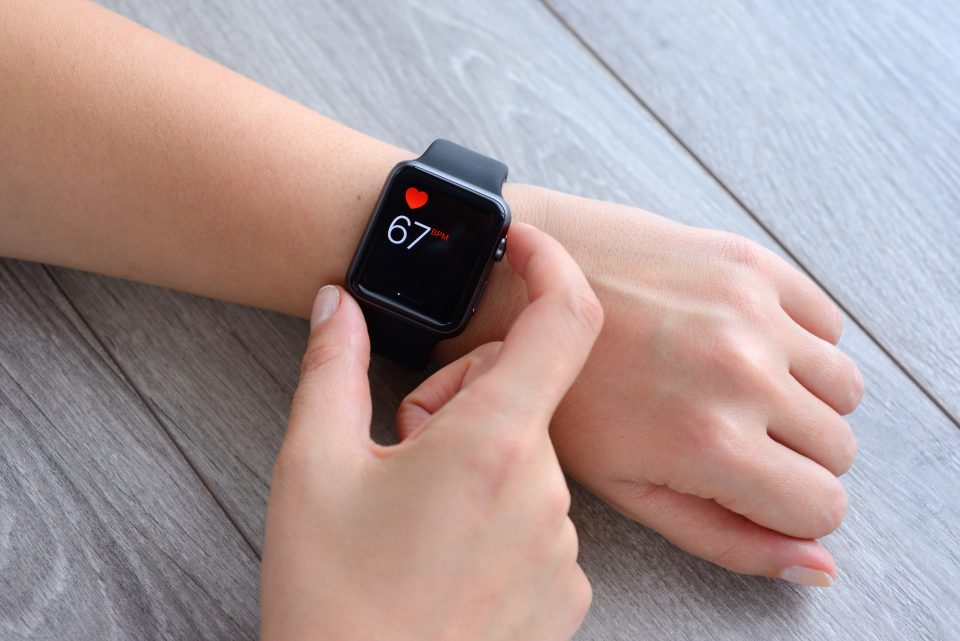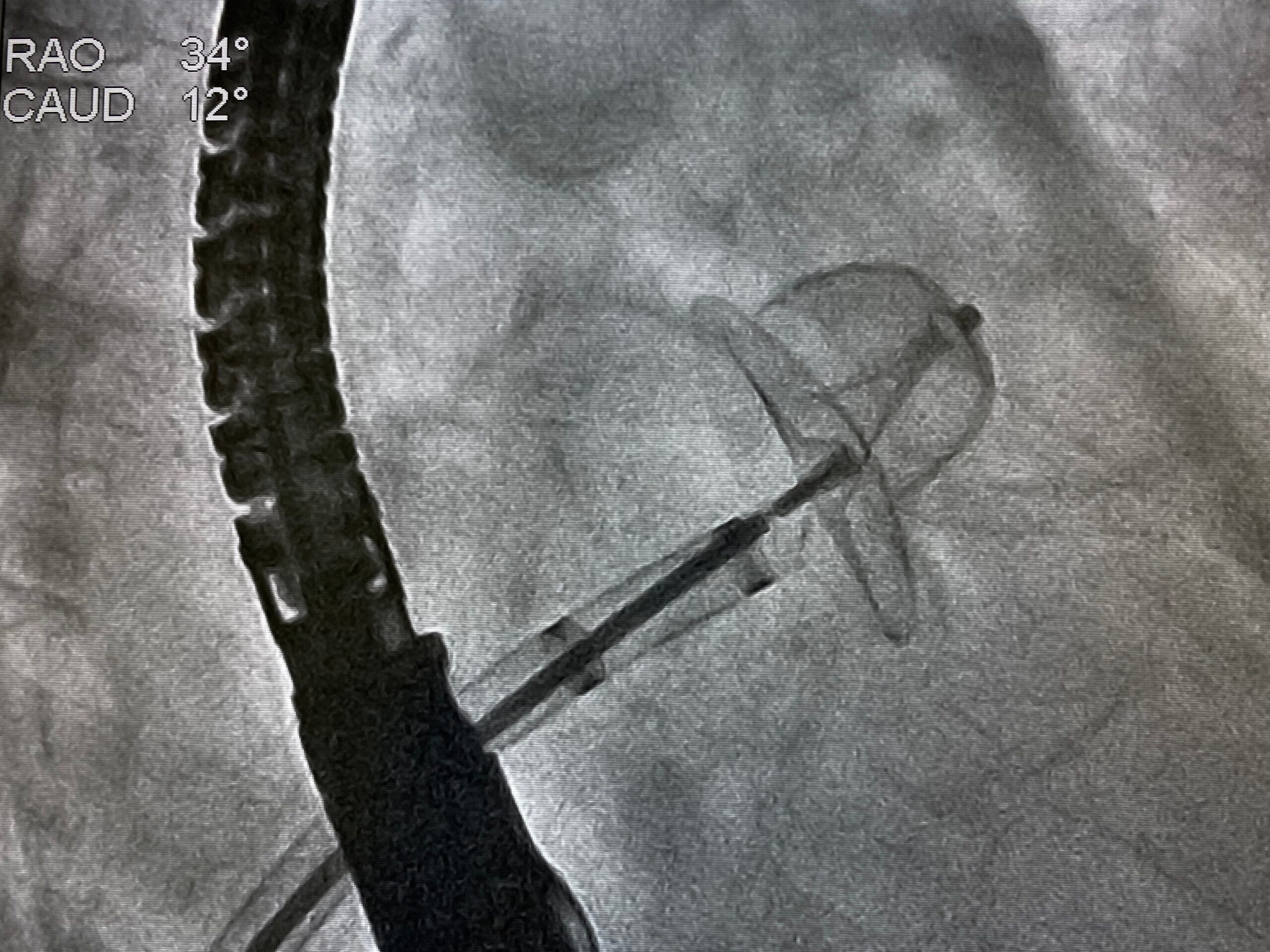
The Apple Watch was credited by an anesthesiologist with detecting a rhythmic irregularity and saving his life, according to a press report from Apple Insider.
Dr. Donald W. Milne, of Antelope Valley Hospital, shared his account with Apple CEO Tim Cook. In it, he described how he owned a first-generation Apple Watch. According to Apple, the watch has been known for being able to detect atrial fibrillation (AFib). In this instance, however, the doctor credits the watch with detecting another underlying condition he was not aware of.
“A number of months ago I was working out on an elliptical machine,” Dr. Milne said in his statement to Apple. “I experienced more shortness of breath than usual for a workout. I used the ECG function to take an ECG at that time.”
He observed ST-segment elevation depression on the tracing after examining the results of the ECG. He had no prior history of heart disease. He contacted his primary care physician, which produced a normal ECG upon office visit. When Dr. Milne showed the ECG to his primary care provider, however, she agreed that it was abnormal and referred him to a cardiologist, who also agreed that the assessment was concerning. Upon receiving an angiogram, the subject was found to have critical diffuse coronary artery disease. He was then scheduled for five-vessel bypass surgery and aortic valve replacement to be completed in mid-July.
“A long story short is that without the Apple Watch tracing, I would never have known I had disease in time to be able to intervene before having a potentially fatal heart attack,” Dr. Milne said. “The Apple Watch has clearly saved my life.”
It should be noted that one of the reasons this worked out well for the individual was that he was able to correctly interpret his ECG reading accurately. The Apple Watch has also been credited for saving other lives and alerting users to arrhythmia problems, occurrences of AFib, and more.







 © 2025 Mashup Media, LLC, a Formedics Property. All Rights Reserved.
© 2025 Mashup Media, LLC, a Formedics Property. All Rights Reserved.